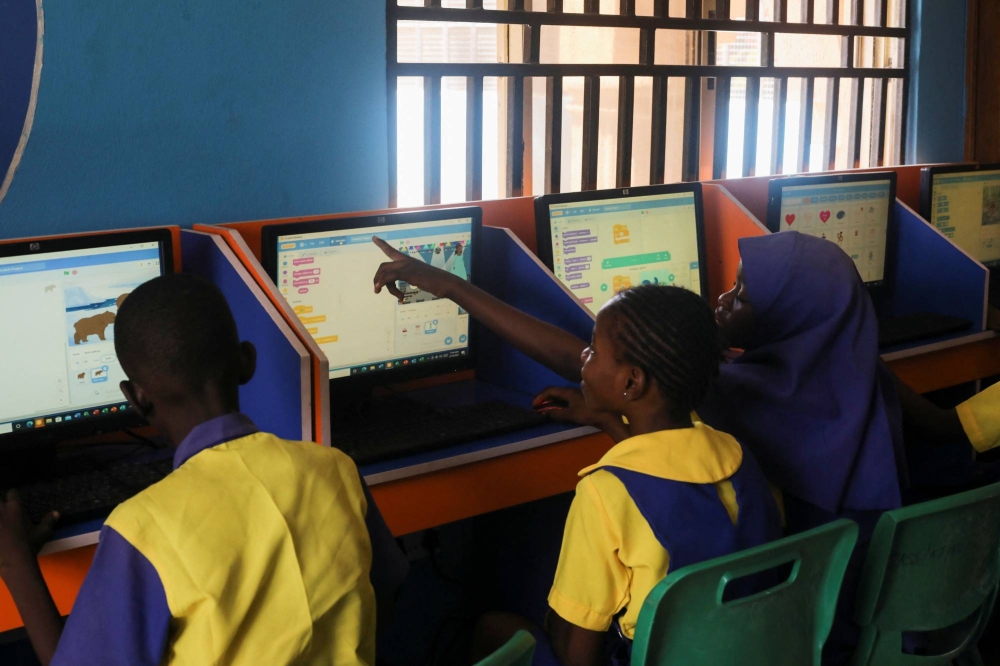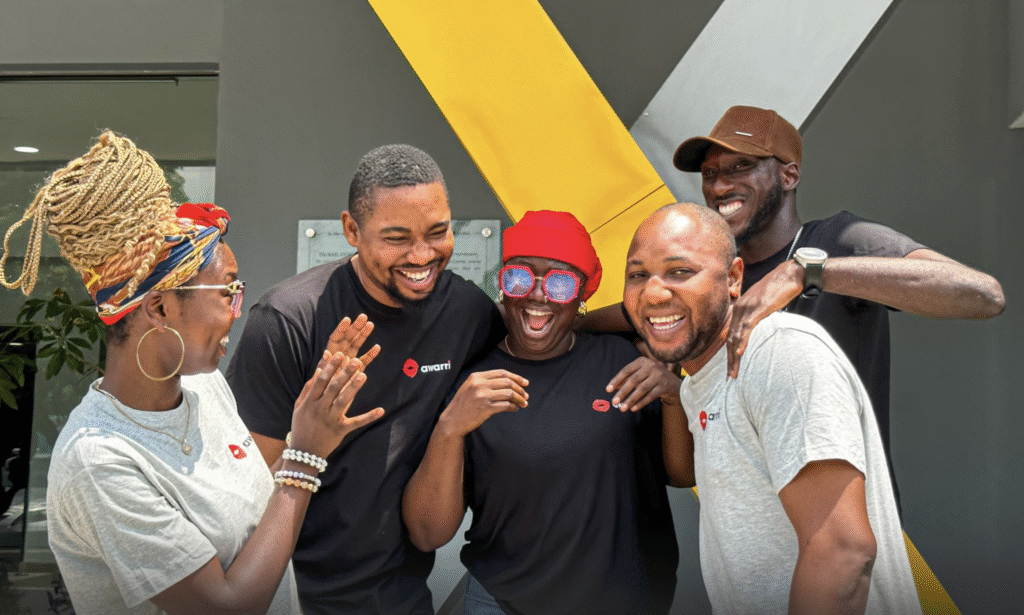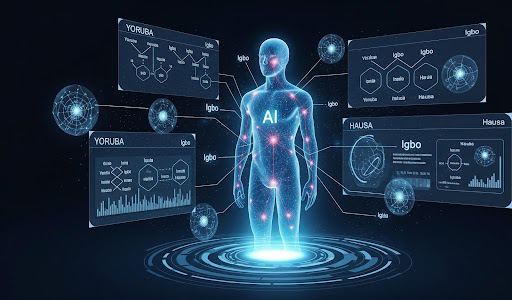It’s not often you feel the pulse of an educational and technological revolution beating through everyday life—but right now, we’re experiencing exactly that in Nigeria. At the heart of this awakening lies something almost poetic: the building of tiny AI tutors using Local Language LLMs (Large Language Models) designed to speak Hausa, Igbo, and Yoruba. This isn’t merely a tech issue—it’s an educational, cultural, and social opportunity.
At GITEX Nigeria in early September 2025, our country reaffirmed its commitment to becoming a continental leader in artificial intelligence. The spotlight wasn’t on flashy gadgets, but on an unassuming yet essential innovation: a multilingual LLM built to process indigenous tongues alongside accented English. Led by the Ministry of Communications, Innovation and Digital Economy, this effort seeks to unlock the power of AI for every Nigerian child, regardless of the language they speak.
Why does this matter? Languages like Yoruba, Hausa, Igbo—and beyond—remain drastically underrepresented in AI systems. By prioritising their inclusion, Nigeria not only honours its rich cultural tapestry but also ensures the digital world becomes truly accessible to millions.

Table of Contents
From Research to Reality: Crafting AI Tutors That Understand Us
Developing AI that understands local languages isn’t straightforward. It requires deep research and investment in linguistic resources. A study titled NaijaNLP: A Survey of Nigerian Low-Resource Languages highlights that although Hausa, Yoruba, and Igbo are spoken by over 175 million people, they’re still classed as “low-resource” in the tech world. Fewer than 26% of existing studies actually create new linguistic material—right now, much work relies on reusing existing, often insufficient datasets.
On the frontlines of language processing, researchers have made significant breakthroughs. The recent development of a “WAZOBIA-Named Entity Recognition System” achieves near-perfect accuracy (over 95%) in identifying persons, locations, and organisations across Hausa, Yoruba, and Igbo texts. The system leverages modern machine learning models, OCR, and annotated data to overcome the chronic issues of data scarcity.
These advances aren’t ivory-tower research—they’re building blocks for real tools. Imagine an AI tutor that knows when a student says “ọ̀nà” in Yoruba and understands the tone and context—not just the sounds. Or a tool that can handle a child’s Igbo name or cultural reference with the same ease it understands “hello.” These are the strides being made thanks to sustained, rigorous development.
Tiny AI Tutors, Powerful Impact: Personal, Cultural, Smart
Backed by growing technology and data, AI tutoring tools—especially those tailored to local languages—are already beginning to reshape how children learn. Evidence from African pilot projects shows remarkable results: students using lightweight AI tutors on basic tablets doubled their performance in reading and maths within eight months, smashing traditional outcomes. Girls, in particular, made impressive gains that began to bridge longstanding gender gaps.
Such tools are not just about academic scores. They’re about restoring agency to teachers, too. In Benin City, one third-grade teacher reflected: “The AI tutor became my helper… It gave me time to talk to students, encourage them, and build their confidence. Before, it felt like shouting into the wind. Now, I feel like a real teacher again.”
Local realities matter, and AI is beginning to acknowledge that. Nigerian edtech solutions aimed at general audiences often miss the mark when it comes to cultural alignment or language. But when AI tutors are engineered for Hausa, Igbo, or Yoruba speakers, they do more than teach—they connect. This empathetic alignment with culture helps students engage more deeply and learn more naturally.

What’s Next? Nurturing Tiny Tutors with Policy, Partnerships, and Purpose
Building AI tutors for local languages is no small feat—but it’s only part of the journey. Nigeria’s strategy is holistic. The project enjoys approximately US$3.5 million in seed funding, courtesy of global and local partners like UNDP, UNESCO, Meta, Google, and Microsoft. The National AI Strategy, which has been in the works since 2024, emphasises infrastructure, ecosystem development, responsible AI frameworks, governance, and adoption.
Further bolstering this push is the AI Collective, a coalition that unites academia, civil society, and industry. Lagos Business School leads research and education, the Centre for Justice and Legal Development tackles civil society needs, and Data Science Nigeria nurtures startups and technical talent.
Human capacity and national ownership are vital. The Three Million Technical Talent (3MTT) initiative is aligning over 7,000 skilled individuals to contribute directly to the LLM project—securing both mentorship and manpower.
Still, the journey has challenges. AI requires robust infrastructure—steady electricity, strong internet connections—and it must operate within frameworks that protect privacy, equity, and cultural authenticity. But these challenges are surmountable through thoughtful policy and inclusive partnerships, and Nigeria is already on that path.

Conclusion: Tiny Tutors, Big Hopes
Let me step away from the data for a moment. In simple terms, these Local Language LLMs—tiny AI tutors that speak Hausa, Igbo, or Yoruba—represent something profound for Nigeria’s future:
- Cultural affirmation—our languages, values, and identities are honoured and preserved.
- Educational equity—teaching tools no longer require English fluency or urban access.
- Teacher empowerment—AI becomes a helper, not a competitor.
- National pride—Nigeria leads, not follows, in crafting AI for the many, not the few.
As development unfolds from research labs into classrooms across the country, what’s being built is more than technology. It’s a bridge—tiny, powerful, transformative—from chalkboard to chatbot, from dialect to digital, from the past to a future where our own languages teach our own children.














![Tiwa Savage Slams ‘Unfair’ Exclusion of Tems from Afrobeats Big 3 Ranking [VIDEO] Tiwa Savage](https://naijaeyesblog.com/wp-content/uploads/2025/09/Tiwa-Savage-tems-180x135.avif)























